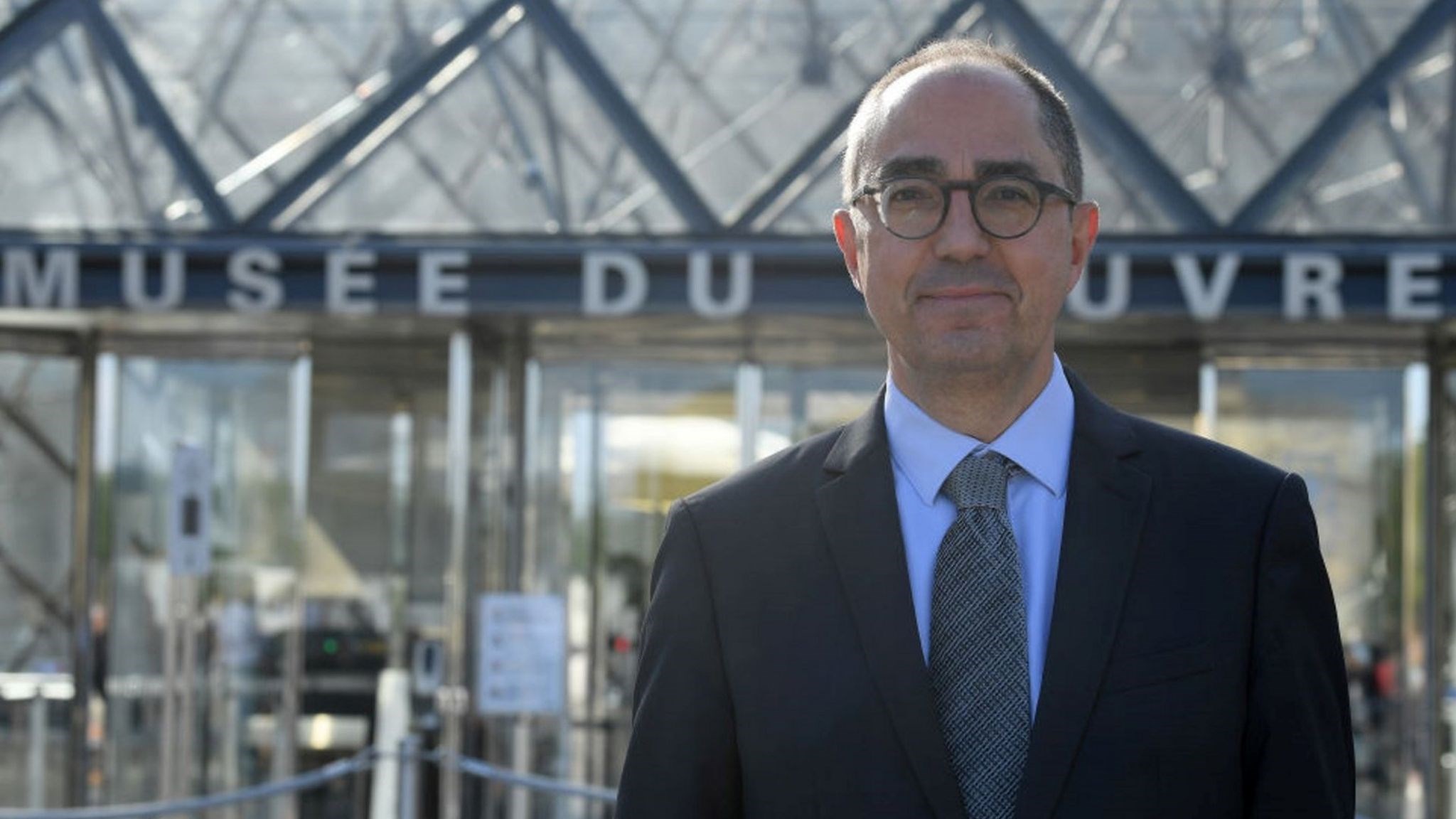Louvre ex-president charged with fraud
Jean-Luc Martinez, head of the famous Paris museum from 2013 until 2021, has also been charged with "complicity in organized fraud."
-

Former Louvre President Jean-Luc Martinez
The French authorities reported that the former president of the Louvre has been charged with fraud and money laundering in connection with an inquiry into Egyptian artifacts trafficking during the last decade.
After being indicted, Jean-Luc Martinez, the president and director of the Louvre from 2013 to 2021, was released under judicial monitoring, according to the Paris prosecutor's office.
The prosecutor’s office did not reveal more details about the investigation, which was first reported by Le Canard Enchaîné and Le Monde.
The charges against Martinez, according to the French legal system, indicate that investigators suspect him of complicity in a crime, but he may not face trial. If the police discover new evidence, the charges could be withdrawn at any time. In France, complex legal investigations might take years to complete.
On Thursday, representatives for the Louvre declined to comment. Martinez's lawyers were not immediately available for comment, but he strongly denied the claims, according to Agence France-Presse.
“For now he is saving his statements for the judiciary, and he has no doubt that his good faith will be established,” Jacqueline Laffont and François Artuphel, Martinez’s lawyers, told the news agency.
The charges were a remarkable turn of events for Martinez, who is currently France's official envoy for worldwide cooperation on heritage issues and championed efforts to conserve objects at risk of looting and destruction in conflict zones during his time at the Louvre.
Martinez produced a study that France presented to the United Nations Educational, Scientific, and Cultural Organization in 2015, which included 50 ideas to preserve antiquities from looters, such as computerized mapping of vulnerable sites and strengthened border restrictions.
According to the prosecutor's office, two French Egyptologists were also questioned by police in connection with the case but were released without charges. According to Le Monde, a colleague of the Egyptologists informed them in 2019 that he was skeptical of the provenance of a Tutankhamen stele that ended up in the Louvre Abu Dhabi.
Because of the continuing investigation, the Louvre Abu Dhabi has stated that it is unable to comment on the circumstances of the case.
“Louvre Abu Dhabi applies a strict international protocol for artworks entering the collection, as outlined in the intergovernmental agreement between Abu Dhabi and France, signed in 2007,” the museum said.
“This protocol is strictly aligned with the 1970 UNESCO convention and follows the most stringent standards of major museums in the world.”

 3 Min Read
3 Min Read










